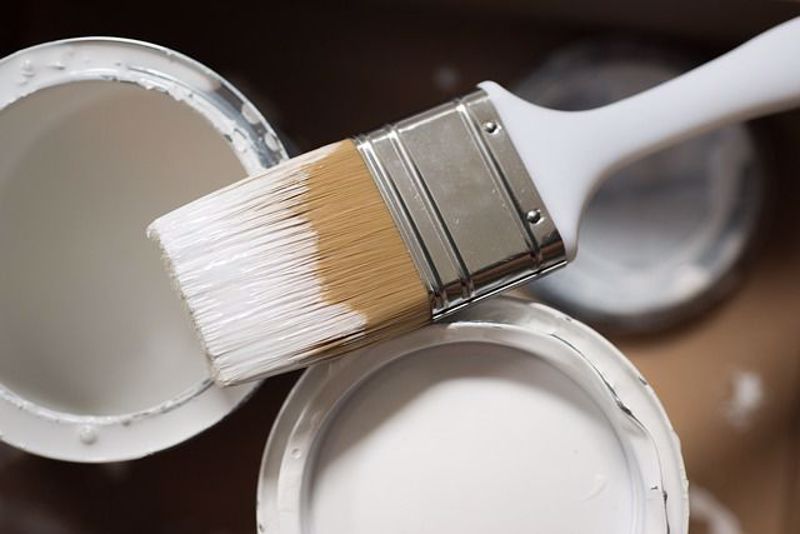Lowes has everything you need to look after your home. With a Lowes Money Off Coupon from We Are Coupons looking after your home costs less. When it comes to home improvement projects, one of the most important aspects is choosing the right paint. Aside from the color, one must also consider the durability, cost, primer, and sheen. This article will explain each of these issues and help you choose the right type of paint for your home.
Primer
If you're planning a home improvement project, it's important to know how to choose the right paint for every job. Paint and primer are two essential components for painting. They provide protection for your walls and give your paint a more even finish.
Before you begin painting, it's important to make sure your room is well-ventilated. This will ensure you're not breathing in hazardous fumes. A fan can help draw air in from the outdoors.
The primer you use can affect the longevity of your finish work. There are three main types: shellac, latex, and oil. Each type has its own set of advantages and disadvantages.
Oil-based primers are great for sealing porous wood surfaces and preventing paint from cracking and peeling. These primers also have excellent film leveling properties. However, they're also notorious for being potent, so be careful when applying them.
Shellac is the oldest of the primer types, and it's ideal for sealing stains, especially on interior surfaces. Shellac is a lot stronger than other primers, so it can be used on a wide variety of surfaces. It can also cover odors.
The next factor to consider when choosing the right paint for a particular project is the size of your painting job. Large jobs are best handled with a sprayer, while small jobs are better done with a brush.
The type of material your project will be painted on should also be considered. For instance, if you're painting on a concrete wall, you will need a more sturdy primer. Likewise, if you're going to be covering dark colors, you will want to use a mildew-resistant finish coat.
Finally, you should look for a paint and primer combination that has low volatile organic compounds (VOCs) and doesn't smell like paint. You'll also want to consider the paint brand you're using. Typically, more expensive paints don't need as strong primers.




